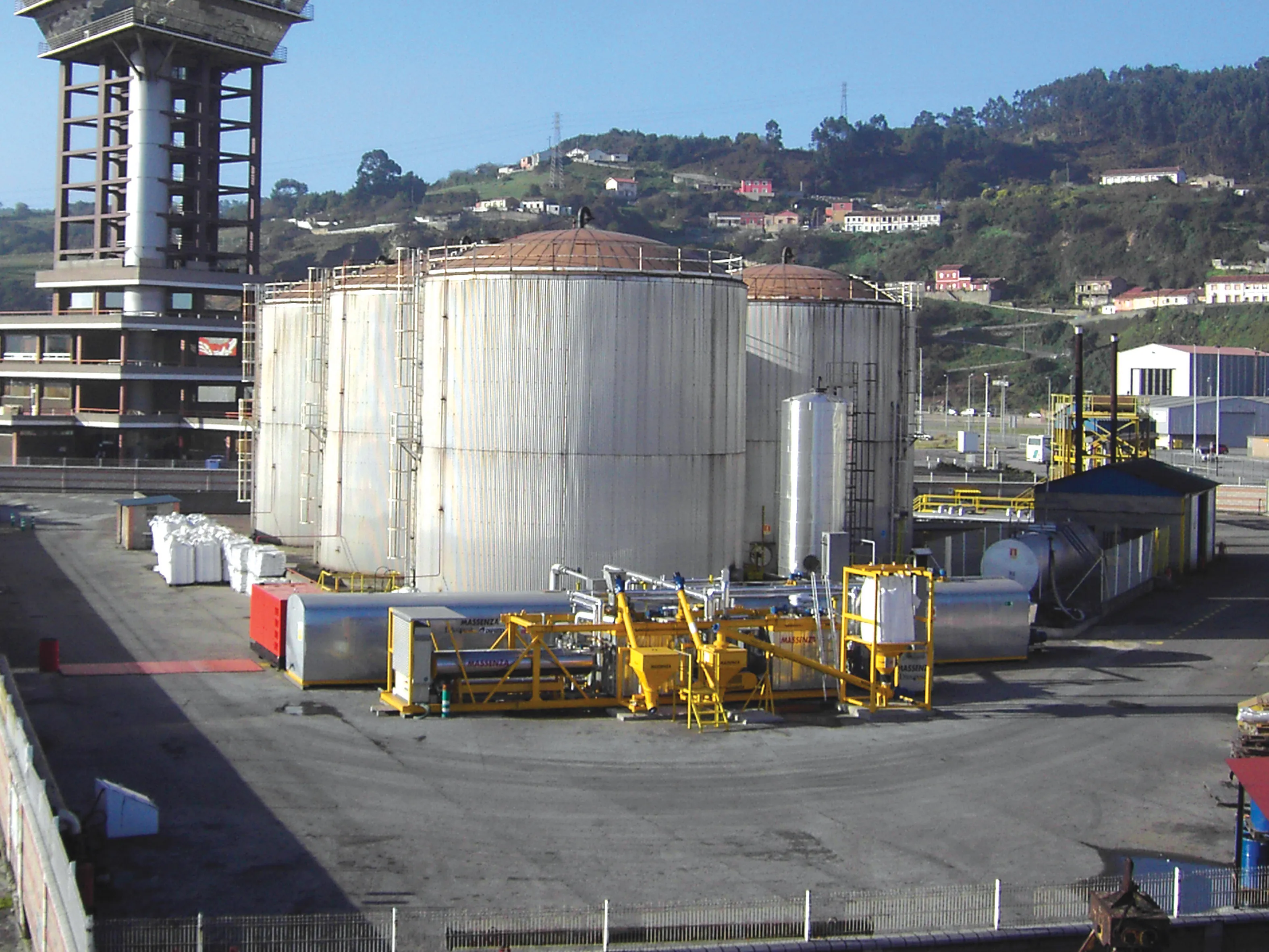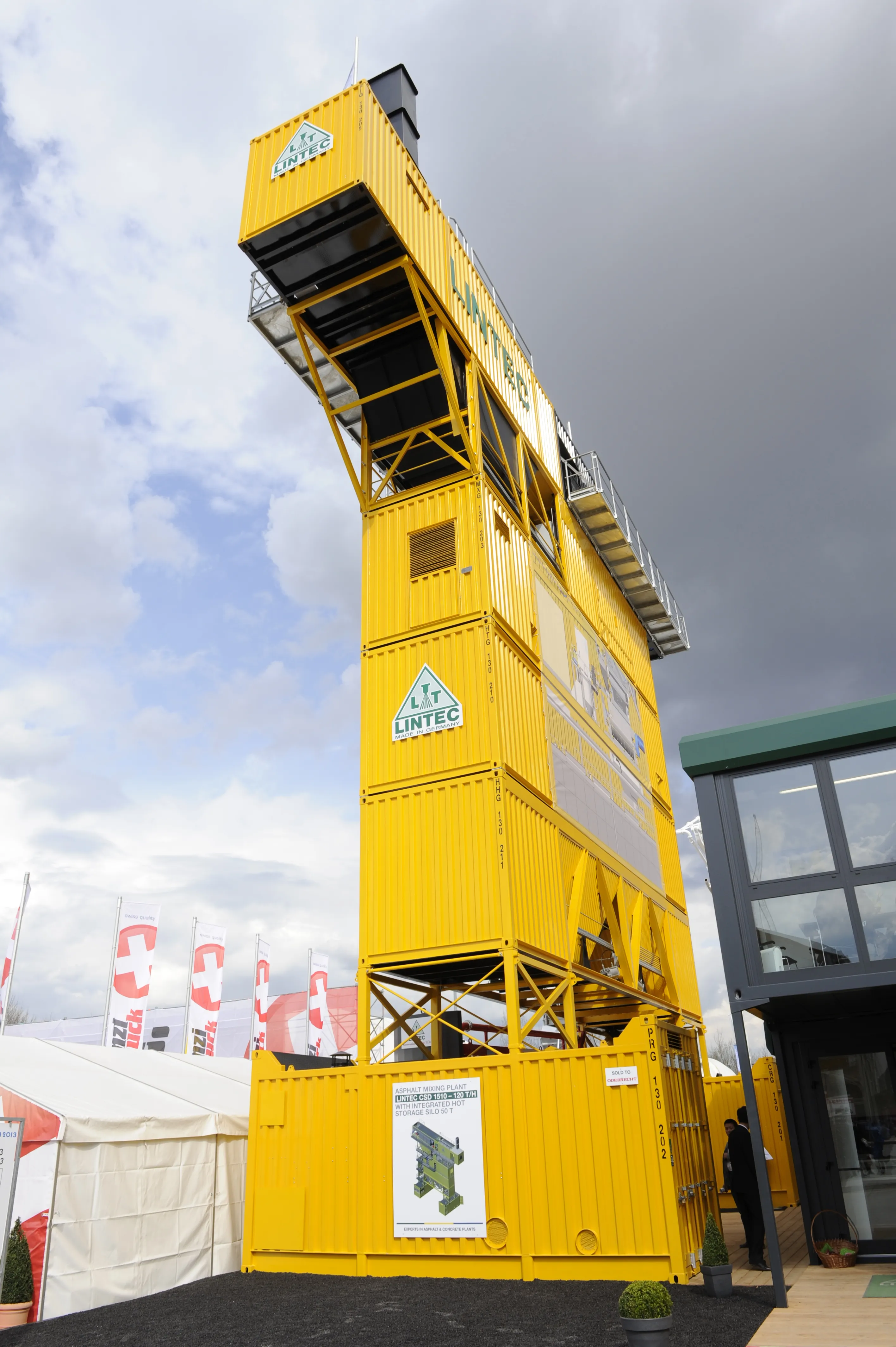Phoenix Industries, which specialises in products made from recycled rubber tyres, unveiled a new type of rubber pellet at Conexpo called PelletPAVE Plus, designed to allow less virgin asphalt to be used when preparing a mix. “This new product decreases the amount of asphalt you need in your mix by up to 0.5%,” said Serji Amirkhanian, director of research and development for Phoenix Industries. Amirkhanian has been researching the use of recycled rubber in asphalt mixes for more than 25 years.
March 11, 2014
Read time: 2 mins

“This new product decreases the amount of asphalt you need in your mix by up to 0.5%,” said Serji Amirkhanian, director of research and development for Phoenix Industries. Amirkhanian has been researching the use of recycled rubber in asphalt mixes for more than 25 years.
The process brings substantial cost savings too, and mixes produced using the rubber pellets can result in asphalt with similar properties to polymer modified asphalt. The main difference between Phoenix Industries’ standard pellets and PelletPAVE Plus pellets is the proportion of rubber: around 18% in standard ones and 50% in PelletPAVE Plus.
Phoenix Industries grinds up between two and there million tyre trucks every year, blending the rubber granules with asphalt, hydrated lime and additives to create the pellets at its Las Vegas manufacturing facility.
The pellets can then be transported and stored dry and added to any asphalt plant without modification … the only change in process required is that the aggregate is heated to around 20 degrees higher than for a standard mix.
Phoenix came up with the concept of pellets around five years ago, said Amirkhanian, and started producing them commercially two years ago. The firm recently signed a Deal with UK firm Billian to manufacture there.
%$Linker:








